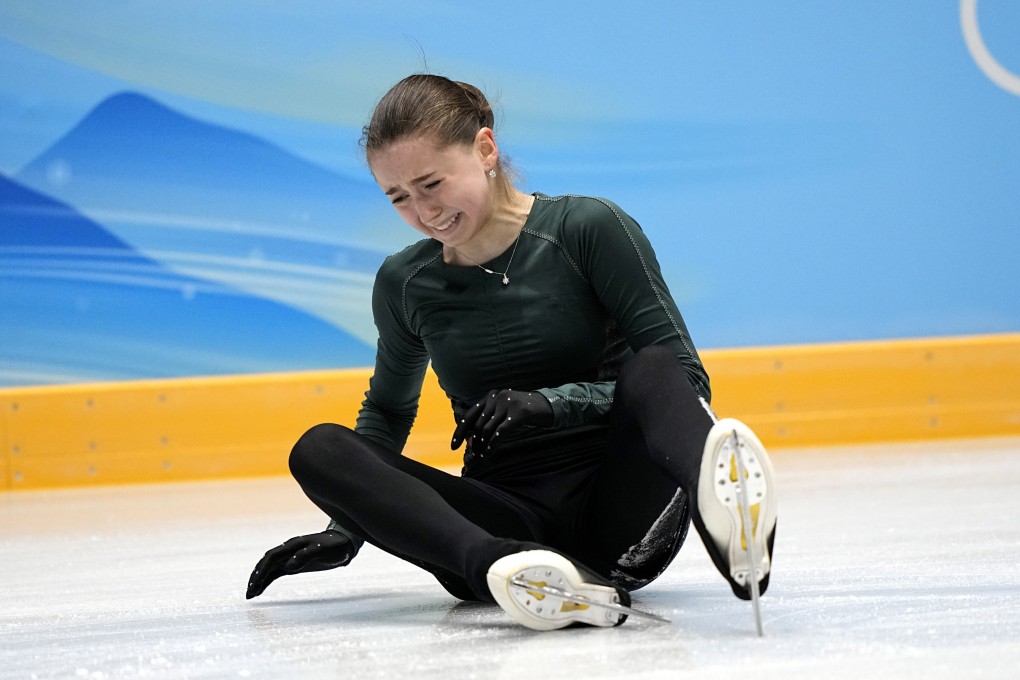Winter Olympics: anti-doping agency disappointed by Kamila Valieva ruling after Russian teen cleared to skate in Beijing
- The 15-year-old tested positive for a banned substance in December but CAS upheld a temporary lifting of a ban because as a minor, she is a ‘protected person’
- ‘The panel considered that preventing the athlete to compete at the Olympics would cause her irreparable harm in the circumstances,’ CAS chief Matthieu Reeb says

The highest court in the sports world came under fire on Monday after teenaged Russian figure skater Kamila Valieva was allowed to continue her Olympic campaign despite testing positive for a banned substance in December.
The Court of Arbitration for Sport (CAS) upheld the lifting of the 15-year-old’s temporary suspension in a ruling, saying that barring her from competition “would cause her irreparable harm in these circumstances”.
Valieva is favourite for the women’s individual gold and CAS said the decision was partly because she was a minor or “protected person” and therefore subject to less severe punishment.
She tested positive for banned substance trimetazidine, and the result only came in on February 8. A disciplinary committee of the Russian Anti-Doping Agency, or Rusada, lifted her suspension after Valieva appealed the next day.
“The panel considered that preventing the athlete to compete at the Olympics would cause her irreparable harm in the circumstances,” CAS Director General Matthieu Reeb said on Monday.
CAS said it took into account that Valieva did not test positive during the Beijing Games and could still be punished for the positive test she produced on December 25.

The World Anti-Doping Agency (Wada), one of the groups that challenged the lifting of Valieva’s suspension, said it was disappointed by the ruling and the CAS panel of arbitrators appeared to not have applied the terms of the World Anti-Doping Code.